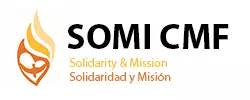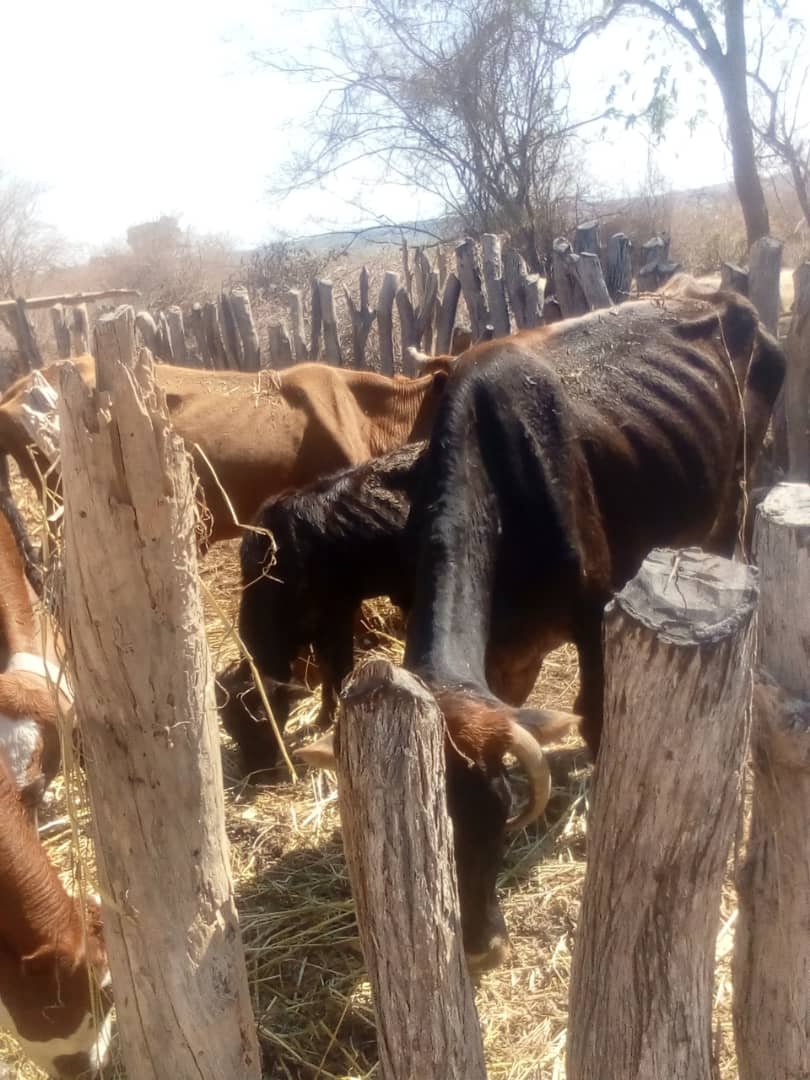The people of Zhomba Mission in Gokwe—a region spanning the territories of three chiefs, Nenyunga, Simuchembo, and Madzivazvido—are facing an acute hunger crisis. Already marginalized economically and socially, the approximately 40,000 residents, who rely mainly on agriculture, have been devastated by a prolonged drought, with no food aid in sight.
The 2023 farming season was exceptionally harsh. Rainfall was minimal and erratic, with rains arriving late and ending abruptly, leaving crops without the necessary time to mature. This resulted in a complete crop failure. By January 2024, the impact of a severe drought was already evident, as water reservoirs began drying up, and both people and livestock struggled to find drinking water.
In this dire situation, residents looked to government, social welfare programs, and humanitarian organizations for relief. Unfortunately, no adequate measures have been put in place to address the crisis fully. A significant setback was the delayed declaration of the hunger crisis as a national disaster, which delayed the response of charity organizations like Caritas. To make matters worse, the response became entangled in partisan politics, with food aid distribution plans announced but not realized.
Programs such as food-for-work initially raised hopes, but they have yet to be implemented, leaving communities disillusioned. The limited aid from social welfare has reportedly been undermined by corruption, with benefits reserved for a few connected to local leaders, while the majority are left without assistance.
In a further blow, people have been compelled to work on road and dam projects without adequate food or compensation. Many elderly residents, long past retirement age, are among those laboring with promises of minimal compensation, often only a small sack of mealie meal. This situation has strained social values, especially respect and care for the elderly.
The struggle for survival has also led to severe environmental degradation, as many are resorting to cutting down trees for charcoal production to sell for food. This deforestation has left the area more vulnerable to strong winds, which have destroyed numerous homes. With no food for livestock, some residents are risking their lives by taking their cattle to graze in game parks, where they face dangers from both game rangers and wild animals. Tragically, some have lost their lives in these desperate attempts, and many cattle have perished from exhaustion and lack of water.
The crisis has escalated into a complex social issue, increasing crime and violent behavior in the area. Many youths have left to seek employment elsewhere, hoping to send money back home to support their families. Families are being separated as men leave in search of work, with many ending up in hazardous and exploitative conditions, including illegal mining, which has had a damaging impact on their physical and psychological health.
Access to water is another major challenge. People wait for hours to fill a single bucket and sometimes must walk over 15 kilometers overnight to obtain drinking water. The few remaining cattle are frequently stolen, or they drown in the mud as water sources dry up. Residents accuse some local police of involvement in livestock thefts by providing clearance documents for stolen cattle. The unrelenting search for water has left many exhausted and stressed, depriving them of rest and compromising their health.
The lack of clean water poses a serious health risk, as people are forced to drink unsafe water. The combination of extreme heat, long treks in the sun, and inadequate rest is taking a toll on their health. Elderly residents, in particular, face tremendous hardship as they struggle daily to survive.
Local schools have recently received government support for a food program, but the mealie meal provided is reportedly of poor quality, with some of it spoiled. The lack of balanced nutrition means that even the one meal children receive at school is insufficient, leaving them hungry for much of the day.
Looking ahead, the hunger crisis is likely to persist as residents lack seeds for the 2024 planting season and have no funds to purchase them. There is widespread frustration over the lack of fairness in government aid distribution and the absence of a platform to address grievances. Although a few individuals have attempted to organize food sharing, their efforts are like a drop in the ocean, unable to stem the flames of hunger sweeping the region. People are now even drawing water from springs deep in the game parks, despite the dangers.
There is an urgent need for food assistance to restore hope to the people of Zhomba Mission. Additionally, an investment in water infrastructure, such as boreholes, would provide a lifeline, enabling a sustainable future for this community.
Fr. Nyasha Choga CMF
01/11/2024
Gokwe, Zimbabwe.


